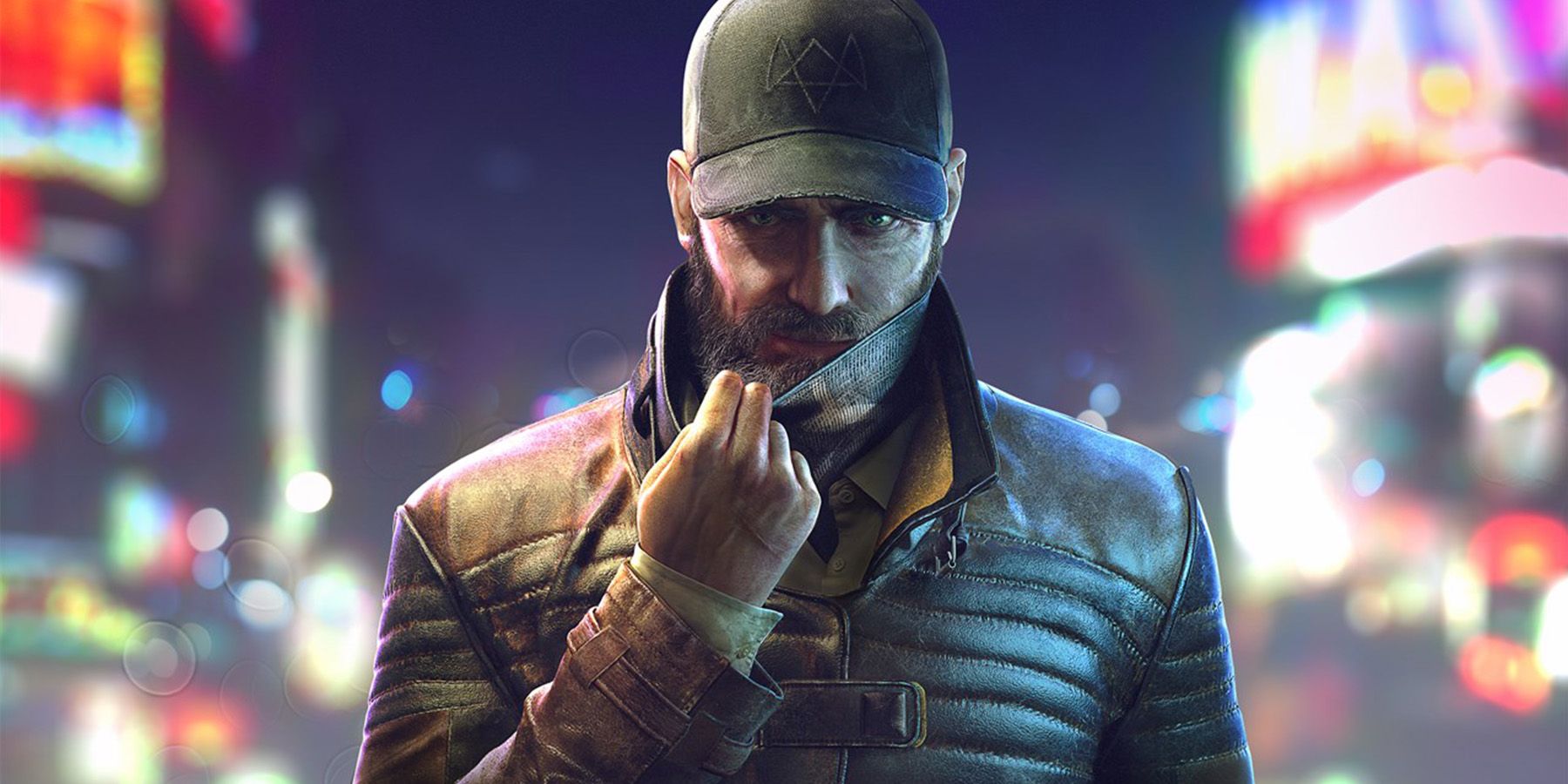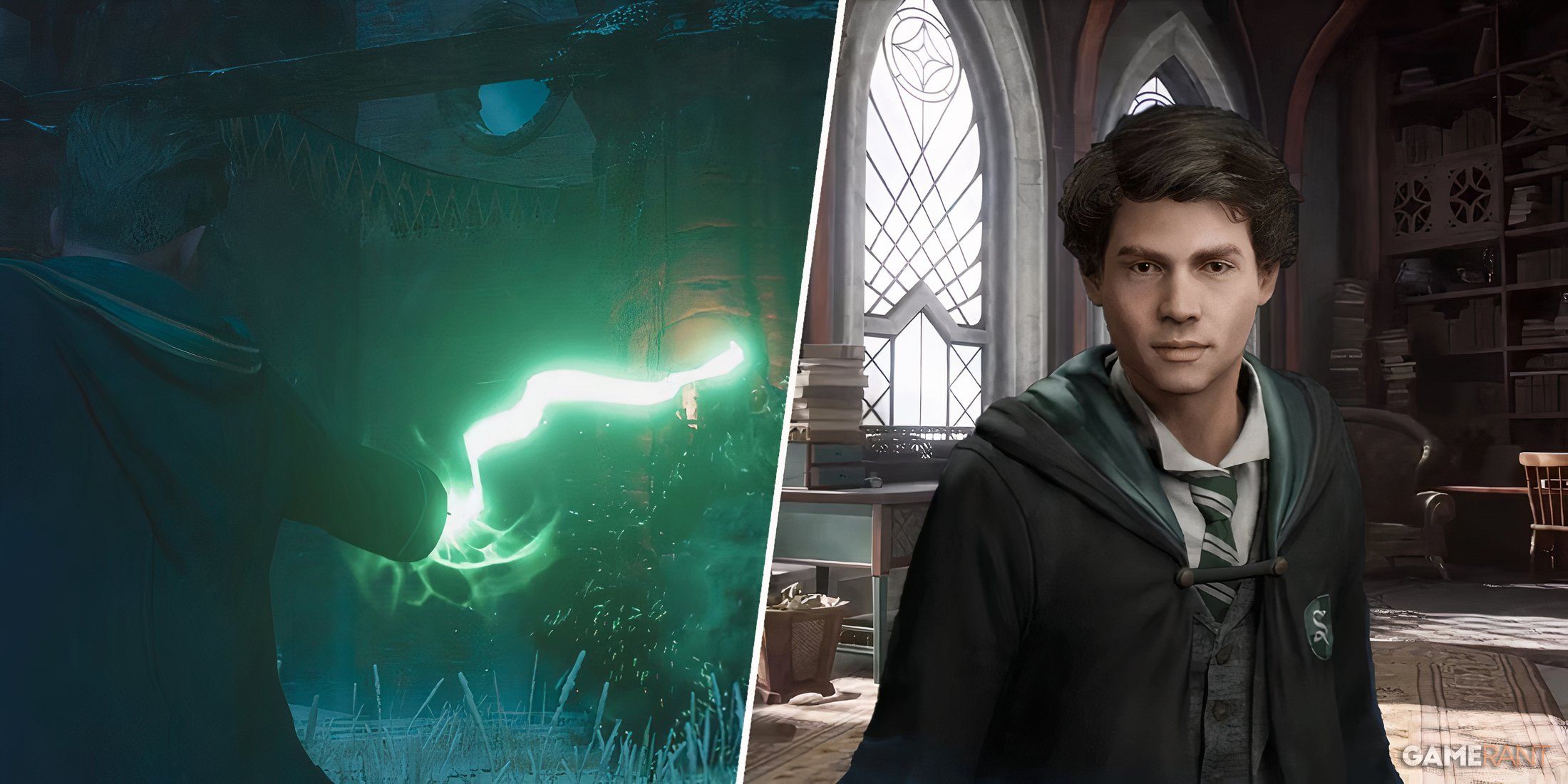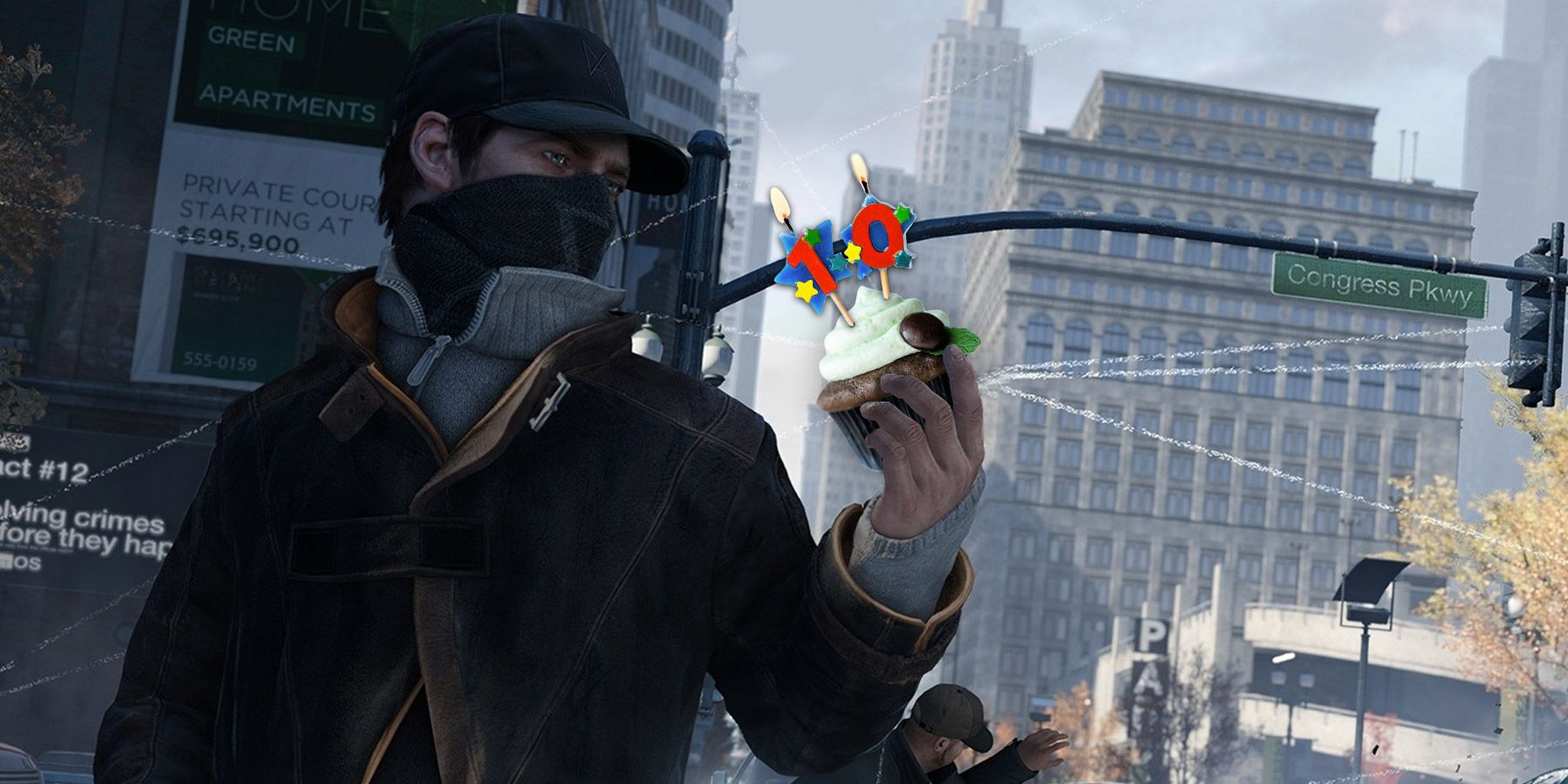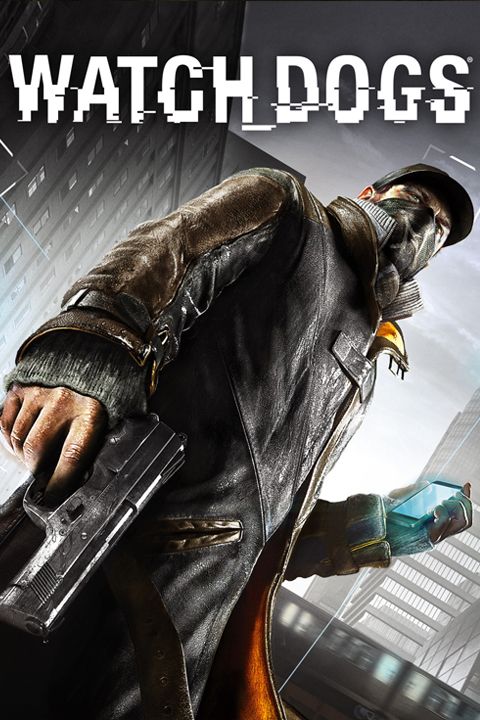Watch Dogs made some big waves when it first launched in 2014, and not for universally good reasons. Ubisoft's hacking-centric adventure game was labeled misleading, as its early gameplay trailers were not indicative of the visual quality of the final product. This got Watch Dogs off to a bad start, and many players eventually wrote the game off as a bland open-world that fell victim to many of the genre's most common pitfalls.
But this isn't a totally fair assessment of the game. In fact, a retrospective exploration can illuminate Watch Dogs as surprisingly immersive, well-crafted, deep, and creative, with a number of compelling gameplay systems. The game's focus on hacking would go on to be expanded in its follow-up releases, which are characterized by their drastic changes to tone and style—likely a response to criticisms of Watch Dogs' gritty atmosphere and narrative. But the first game remains something special and oddly charming, all these years later.

DedSec Seems to Be Moving On Without Watch Dogs
Even though the Watch Dogs series was allegedly canceled, the hacker group DedSec seems to be appearing in numerous upcoming Ubisoft projects.
Watch Dogs: A Leap Into New Creative Realms
Watch Dogs is a classic Ubisoft open-world game, but it's also deceptively inventive and refreshing, playing with the developer's popular formula in novel and gratifying ways. The game is set in Chicago, a city unfairly neglected by urban sandbox titles, and it captures the place quite well. Though it certainly takes creative liberties, especially with regard to its decidedly non-Midwest topography, many Chicagoans will be pleasantly surprised by its faithful recreations of locations like The Loop and Millennium Park. More than anything, the game nails the architectural and cultural feel of the Windy City, making it a breath of fresh air for anyone tired of the ubiquity of New York and L.A. in gaming.
But it's what players can do in this recreation of Chicago that's really interesting. Watch Dogs boasts typical open-world features like driving, mini-games, and organic side activities, all done reasonably well, but the hacking abilities are where the game shines. Protagonist Aiden Pearce can harness the vulnerabilities of ctOS, a city-wide computer network, which allows him to control many of Chicago's public resources, including bridges, traffic lights, and barriers of various kinds. This opens the door to a style of emergent gameplay that isn't often seen in mainstream open-world games, and facilitates a unique connection between the player and the game world. There are also several side activities to be enjoyed via the hacking of NPCs, making the system rewarding on both a micro and macro level.
More recent open-world games like Cyberpunk 2077 feature hacking mechanics as well, but no game's hacking comes close to the scope and utility of Watch Dogs '.
Future Games Should Learn from Watch Dogs
There's a chance that the Watch Dogs franchise is over, which is unfortunate, as its open-world design and various gameplay quirks set it apart from most open-world franchises, specifically those in modern, urban settings. But just because Watch Dogs is on the shelf doesn't mean that other developers can't take inspiration from all that it does right, and looking at the first game in the series would be a good place to start.
An open-world adventure game, peppered with light RPG elements and built around hacking, is a winning concept, but when truly considering that description, Watch Dogs is the only franchise that fits the bill. Although its sequels have merit as well, they delve deeper into absurdity, comedy, and over-the-top concepts, becoming an experience that is altogether different. The first Watch Dogs stays grounded despite its somewhat unrealistic hacking mechanics, and the result is a game unlike any other. It may not be perfect—nothing truly is—but it's a hotbed of creative and memorable ideas, and other games ought to borrow some of its winning elements, especially if the Watch Dogs franchise is being put to rest.




